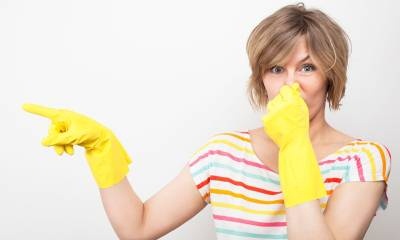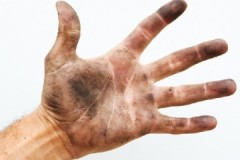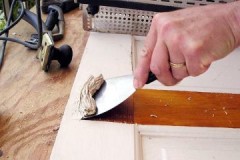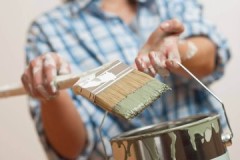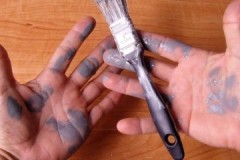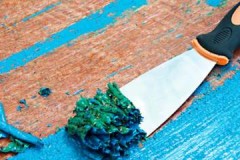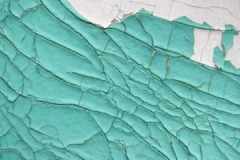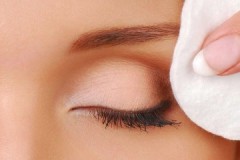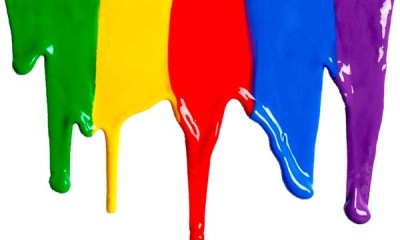 Any paint must be removed immediately from the surface on which it comes into contact. It doesn't matter for hair, whether it is acrylic, oily or otherwise.
Any paint must be removed immediately from the surface on which it comes into contact. It doesn't matter for hair, whether it is acrylic, oily or otherwise.
Due to the liquid consistency, the composition is quickly absorbed into the upper layers, and if not removed in time, it penetrates even deeper. Dried mixture is more difficult to remove.
How and how to remove a stain of paint from concrete, carpet, bathtubs and other surfaces? About this - in the article.
Content
Top 10 universal recipes for home use
The main rule for removing any paint is to remove it right there. This will save time, hassle, product or surface to be cleaned.
No need to rub the stain in different directions - clean from edge to middle... If the blot is large, it is first soaked with a dry napkin or rag. Any agent chosen is tested in an inconspicuous area.
How to erase a stain with butter or vegetable oil?
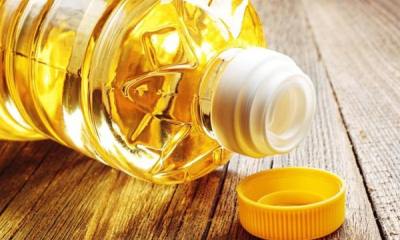 Mix any of them with washing powder and rub into the dirt. Leave on for 30 minutes, pour dish detergent onto the stain and wash the item.
Mix any of them with washing powder and rub into the dirt. Leave on for 30 minutes, pour dish detergent onto the stain and wash the item.
Also, the oil is suitable for removing paints and varnishes from the skin of the face and body.
On concrete, wood and metal surfaces, it is best not to use it, greasy marks may remain.
How to remove with vinegar and soda?
Suitable for removing water-soluble paints and varnishes, including old stains from them from clothes. Moisten the area with water, sprinkle with soda, treat with a brush dipped in vinegar. Leave for 2-3 hours, wash the item.
If using vinegar, it must be diluted with water to avoid burns.
Water, soap, washing powder
Used to clean water-based paints from any surface. If it is clothes, the stain is washed with water, then lathered, after 1-2 two they are washed in a machine or by hand.
The blot is wiped off the surfaces first with a dry one, and then with a napkin soaked in soapy water.
How to remove with acetone?
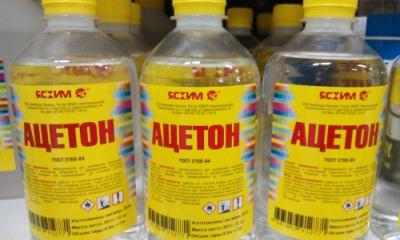 Acetone works well even on old paint marks. This method is easy to use and does not take much time.
Acetone works well even on old paint marks. This method is easy to use and does not take much time.
The instruction is simple:
- moisten a napkin in acetone;
- rub the surface until the paint comes off.
If there is a lot of paint, then try to change your napkin as often as possible.
Nail polish remover
Suitable for removing solvent-based coatings from almost any surface. Large and old stains may not be able to cope with. Rub the dirt with a cotton pad soaked in liquid.
Alcohol
Suitable for removing fresh paintwork materials from any surface... Large spots may not be able to cope with. Moisten a cloth with alcohol and rub the dirt until completely clean.
White spirit, gasoline, kerosene
They act in the same way as acetone. Use with care on delicate surfaces. They act on old paint, but are not suitable for removing from a large area.
How to remove with turpentine?
It perfectly removes paintwork materials from various surfaces, but before use it is tested on an inconspicuous area.
The lack of funds is a strong, stubborn odor.
Chalk, caustic soda, lime dough
The composition is used as a folk remedy for removing old paintwork. The action begins in about 1 hour.
Ammonia
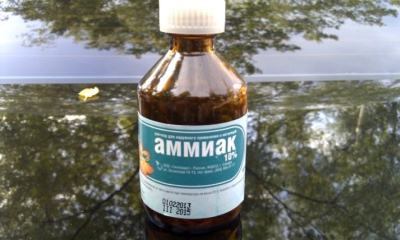 Removes water-soluble dye stains up to 100%... A mixture for removing stains from paint is prepared as follows: 30 g of salt, 65 ml of vinegar 9% and 50 ml of ammonia (ammonia).
Removes water-soluble dye stains up to 100%... A mixture for removing stains from paint is prepared as follows: 30 g of salt, 65 ml of vinegar 9% and 50 ml of ammonia (ammonia).
Next, the prepared composition is distributed over the contamination, after 10 minutes it is treated with a toothbrush or cloth.
After processing, the thing is rinsed in water and washed.
Special means
Special means facilitate the removal of paintwork materials and minimize the risk of damage to tissue or any surface.
They are produced in the form:
- liquids,
- gel,
- spray,
- paste.
Anti paint
One of these washes is Antikras, a universal liquid paint remover on any basis from various surfaces: wood, metal, plastic, concrete.
The line also includes products marked:
- Sprint is a super fast action for metal.
- Facade - for cleaning facades.
- P - for removing powder paint from metal.
Anti-paint is a domestic product. The average cost for 1 kg is about 400 rubles. The larger the container, the cheaper. Produced in containers of 1, 5 and 25 kg. Consumption per 1 sq. m. - up to 0.25 ml. The method of application is described above.
After application, the remover takes effect in 3-15 minutes... Upon completion of the work, the cleaned surface is washed with soapy water or organic solvent.
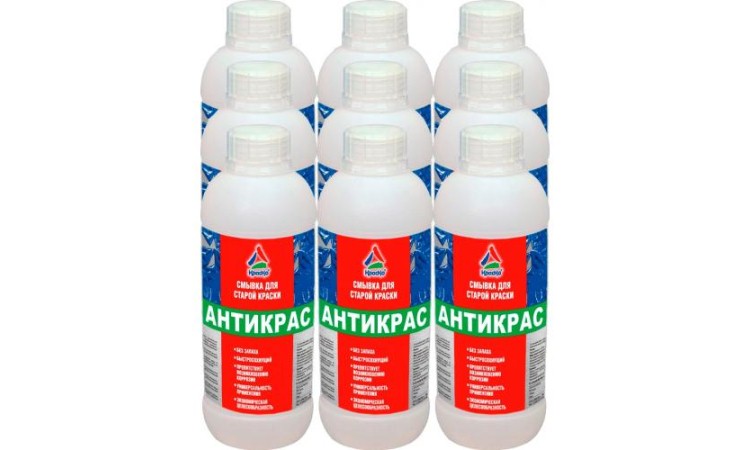
ABRO PR-600-R
A popular representative of aerosol washes is the American-made ABRO PR-600-R spray. The price for a 400 ml can is on average 350 rubles. It is also a versatile remedy. The only thing is that a test must be carried out on an inconspicuous area before using it on plastic.
Mode of application:
- Prepare the surface.
- Hold the balloon upright.
- Spray from a distance of about 25 cm.
- Wait for the reaction (up to 20 minutes).
- Remove paintwork mechanically.
The process is repeated if necessary. Then the surface is simply rinsed with water.
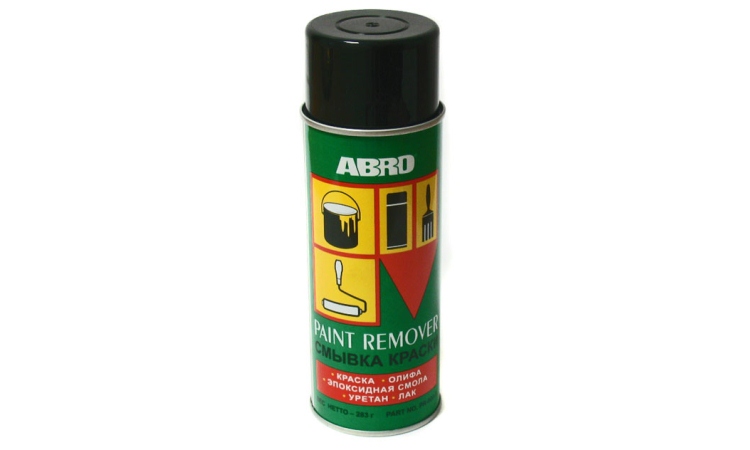
Prestige Gel
Universal gel wash of domestic production. The price for a can of Prestige 800 g starts from 200 rubles... The principle of operation is similar to other washes. Consumption up to 150 g per 1 sq. m. Washed off with water.
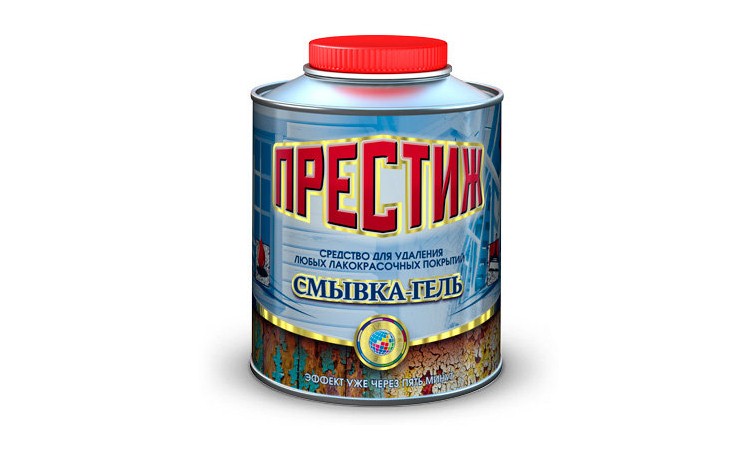
The above products are suitable for outdoor and indoor use.... Most washes have a strong odor and are unsafe for your hands. Therefore, it is imperative to work with gloves and, if possible, in a respirator. Ventilate the room well.
How can different types of dyes be washed off?
The process of removing any paintwork materials depends on the composition, age and area of application of the painted material.
For hair and eyebrows
When it comes to skin, the best cleansers are:
- vegetable oil,
- oily face cream,
- nail polish remover.
Rub the area with a cotton pad soaked in one of the substances.
The substance is removed from clothing with the help of laundry soap, peroxide or vinegar. First, the problem area is washed with cool water, then lather, wash after 20 minutes. If it does not help, the stain is treated with peroxide or vinegar.
Read more about removing hair dye. here... He will tell you how to remove eyebrow dye from the skin this article, with eyebrows, if you do not like the result - this publication.
Watercolor, gouache
A fresh stain can be easily removed by washing immediately with soap or powder... If the watercolor has dried up, it is cleaned off, the place is washed under running water and lathered, the thing is removed in cellophane, left for 20-30 minutes.
With severe pollution, the procedure is done at night. Then they wash the product by hand or in a typewriter. Read more here.
Acrylic
If the blot is fresh, it is first scraped off the surface with something. If it is a cloth, rinse the place under running hot water. Then they lather the stain and rub it well. The procedure is repeated until the paint disappears. We must act quickly.
If the mixture has dried up, do this:
- FROM
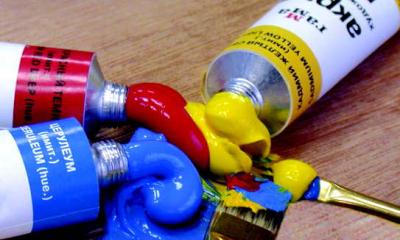 soak the stain with cold water.
soak the stain with cold water. - A solvent is applied: ammonia, acetone, refined gasoline, white spirit or denatured alcohol. If these are not at hand, nail polish remover will do.
- Rub thoroughly with a sponge or soft toothbrush.
- Erase.
- Rinse in clean water.
About removal methods acrylic paint read from linoleum here, from clothes - here.
Alkyd and oil enamels
From clothes and various surfaces, such paints and varnishes are removed with solvents, but on condition that they are fresh. With a moistened cloth, collect a blot from edge to middle with sharp movements so as not to grind.
If we talk about very old alkyd and oil coatings on large areas (walls, doors, windows, floor), then they are removed:
- mechanically: with a spatula, sandpaper, grinding machine;
- under the influence of high temperature: they are heated with a blowtorch or a construction hairdryer, and then cleaned off;
- with the help of special softening washes (the easiest way).
Read about removing enamel from clothes here... For information on how to remove oil paint from various surfaces, read here.
Stamp
There are several ways to remove composition from clothing:
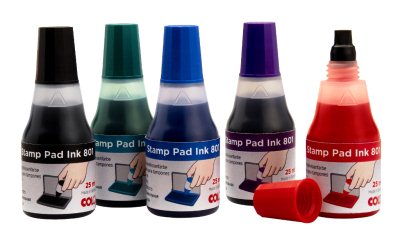 Mustard. They make a gruel from dry powder, apply it thickly to a fresh spot and leave it for a day.
Mustard. They make a gruel from dry powder, apply it thickly to a fresh spot and leave it for a day.- Turpentine and ammonia (for dried paint). The substances are mixed in equal quantities. The solution is poured onto the contamination, kept until the paint completely disappears. Next, the thing is washed and rinsed.
- Glycerin with denatured alcohol... Used to cleanse leather products. Heated glycerin is mixed with denatured alcohol. The composition is rubbed into the problem area.
The same options can be tried on various surfaces.
Water-based and water-dispersive
These paints and varnishes are easily washed off with plain clean water. Provided the stains are fresh.If the emulsion or dispersion is dry, it is easy to clean it mechanically: rub it with a hard surface with a sponge or brush, scrape with a sharp non-metallic object. Wash off traces with water.
Fresh emulsion and dispersion can be washed off clothes without problems. The dried mixture is preliminarily wiped off with a short cloth, and then the product is washed in the usual way.
Latex
Remove latex traces from clothing with hairspray... Spray the product onto the stain and rub it with something until it disappears. Then they are washed with the addition of a stain remover.
Printer toner
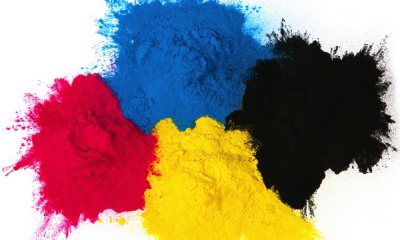 If dry powder for refilling the cartridge gets on your clothes or any surface, do not immediately use water.
If dry powder for refilling the cartridge gets on your clothes or any surface, do not immediately use water.
First brush off the toner with a dry cloth... Then the place is washed with cold water. The remaining stains are removed with any alcohol-containing agent: acetone, alcohol, ammonia.
If we talk about things, then the marks on them are lathered, left for half an hour, and then washed with the addition of bleach or stain remover. Wipe the stained surface with detergent.
If printer ink gets on your clothes, it is also better not to wash it off immediately with water.... The blot is soaked with a dry napkin, and only then washed under running water. Then they act as in the case of dry toner, including when ink gets on any surface.
To remove toner from your hands, see here.
Aerosol
The choice of cleanser depends on the composition spray paint... Many of them, while fresh, can be easily washed from the fabric and removed from the surface with soapy water.
Black, white and colored
 As such, there are no differences in the removal of black, white or colored paintwork materials. Regardless of the base, stains of the same tone may remain due to the pigment added to the composition.
As such, there are no differences in the removal of black, white or colored paintwork materials. Regardless of the base, stains of the same tone may remain due to the pigment added to the composition.
Some dyes are easy to wash off, others are firmly eaten... In any case, the paint is wiped off carefully so as not to grind even more.
If it gets on clothes, then it is the problem area that is cleaned before washing. It is undesirable to crease the thing so that other areas are not saturated. The stain is washed under running water or a napkin is placed under it during processing.
The nuances of cleaning different surfaces
If we talk about small contamination with paints and varnishes on clothes or surfaces, then in most cases they can be easily removed with ordinary soap or washing powder. Old stains are treated with solvents.
| Name | Water based | Solvent-based | Silicate | Hair and eyebrow dye |
| Concrete | Due to the porous structure, it is better to use a brush for washing | It is advisable to use a cleaner, as there is a risk of surface damage during mechanical cleaning | Wash off | Wipe with any solvent |
| Carpet, clothes, jeans, jacket | Fresh stains are well cleaned; the pigment can be absorbed into the material; stain removers recommended | Remove with solvents | Acetic solution or ammonia | Stain removers, solvents |
| Pipes, bath, battery | Easy to clean with a damp brush | Small contaminants are treated with solvents, for removing the coating - with a remover. | There is no data | Damp cloth or solvent |
| Wood (windows, doors, floor) | They are well washed with plain water with a hard sponge or brush | It is advisable to use a cleaner, as there is a risk of surface damage during mechanical cleaning. | There is no data | Damp cloth or solvent |
| Metal, glass | Mechanical cleaning is not recommended; soft brush or hard sponge | Wash | There is no data | Wet sponge, solvent |
| Ceiling, walls | They are well washed with plain water with a hard sponge or brush | Wash | Wash off | Depending on the type of surface, it is preferable to remove fresh paint with a dry cloth |
| Plastic | Easy to clean with a damp brush | Means suitable for removing paintwork materials from plastic | There is no data | Damp cloth or solvent |
| Facial skin and hands, hair | They are washed with the usual means: soap, shampoo; dried paint is cleaned with a pumice stone, a washcloth | It is difficult to remove due to the toxicity of solvents, it is better to wait, after a week the paint will go away by itself; in advanced cases, you can gently treat problem areas with acetone, but so as to minimize its contact with the skin | Vinegar solution | From the skin - with vegetable oil, from the hair - with a special wash |
| Linoleum | Easy to clean with a damp brush | Small contaminants are treated with solvents | Acetic solution or ammonia | Wet sponge, solvent |
For information on removing paint from bathroom walls, see this articles.
How to get rid of the smell quickly?
The smell comes mainly from the solvents in the composition. They are absorbed into the surface and hold for a very long time.
- Ventilate the room.
- The surfaces are washed with vinegar, soda or saline.
- Hang wet sheets in the room.
- Arrange the dishes with absorbents.
- Spray a freshener.
If the house has air conditioning, then the task is simplified. Ionizer, dry fog also help.
Tips and bans
A few recommendations for those who remove pollution on their own:
- Methods and means are chosen so as not to damage the product or surface.
- It is advisable to work with the use of protective equipment: glasses, rubber gloves, respirator. Especially if a large volume, toxic and substances with a pungent odor are used.
- Do not save on special tools: they significantly speed up the process.
Conclusion
If you approach the paint removal process wisely, then it is doable. Of course, it makes a difference whether you wipe the stain off your jeans or remove the old covering from the fence. But patience, perseverance, the right choice of means or methods will lead to the desired result.
